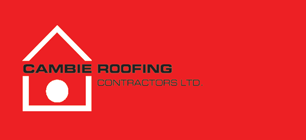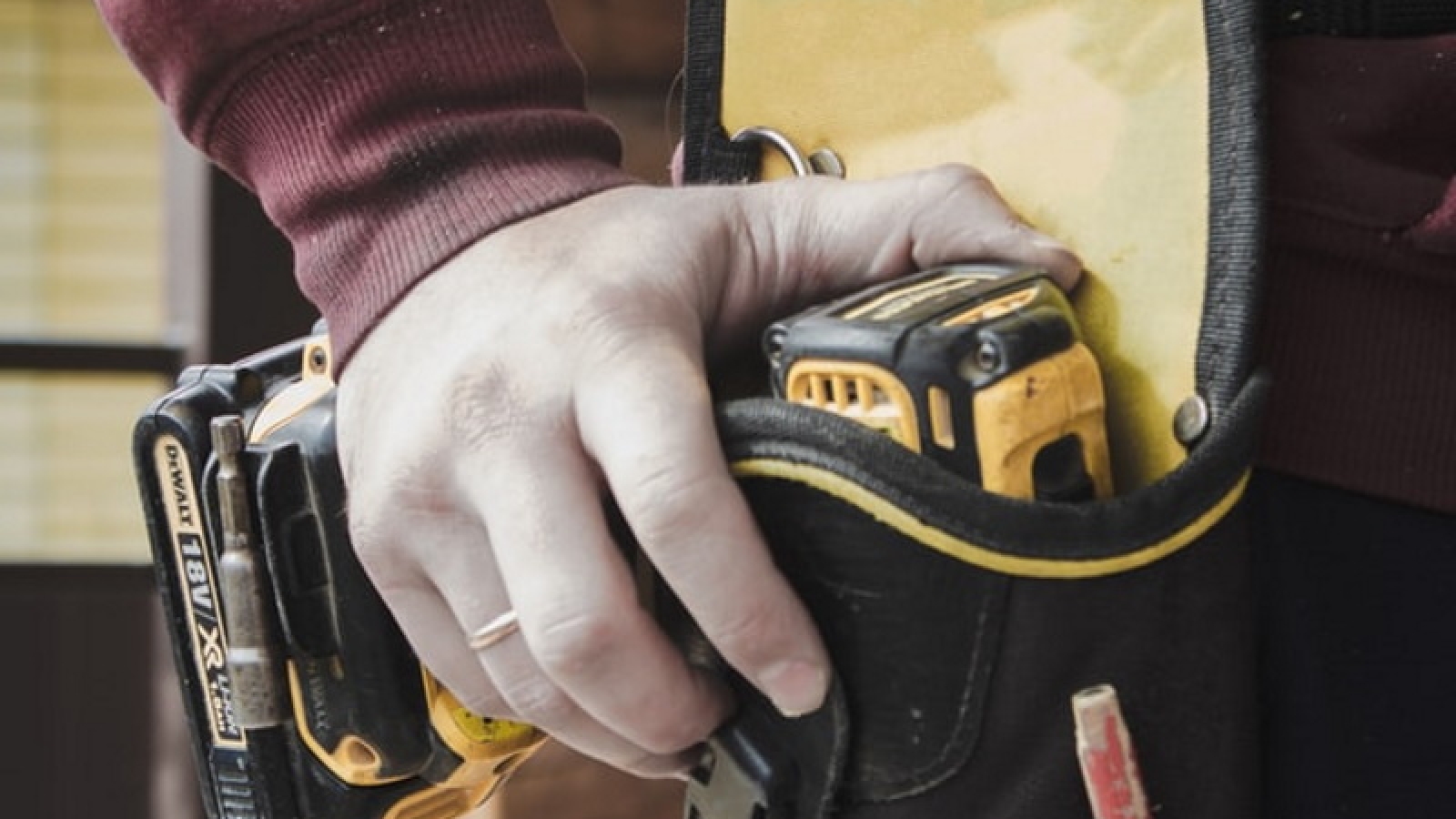Hiring a DIY vs Qualified Vancouver Roofer
DIY vs Qualified Roofer, what are the pros and cons? Is it worthy to devote your time, money and security in giving to yourself that satisfaction of fixing your roof; or is it better to directly hire professionals?
Do-it-yourself home repair gives you a sense of accomplishment and satisfaction. Not to mention, DIY feeds your hope of saving money. However, not all improvement projects are tenable with a DIY approach. Case in point: roofing.
But if you have all the skills to cover by yourself all other home improvement tasks, why can’t you do your own roof repairs?
There’s no doubt you can give it a try. But if your skillset do not include a license as a roofer, and the equipment you need to carry it on, then you still are missing all what you need to get the job well done.
Roof repair, installation, or replacement is possibly the most dangerous job when factoring in things like height, exposure to the weather, and the likelihood of making an expensive mistake.
Experience tells us that replacing a roof it’s nothing like replacing a light bulb, remodeling the bathroom, or installing kitchen tiles. Countless homeowners can tell you about it, too.
Then, why professional roofing contractors make it look easy? Simple: They have experience, training and count with the correct equipment. You’re better off hiring a qualified Vancouver roofer over DIY. Here are the most important reasons to do it.
DIY vs Qualified Vancouver Roofer: All you need to know
1 – Licensed roofers have knowledge and experience
The untrained eye sees a roof as a structure made of shingles or tiles. But deep down, hidden underneath, those shingles and tiles have multiple layers of different materials.
So, if you think that there’s nothing complicated about replacing a missing shingle, you couldn’t be more wrong. The roof is a complex structure made up of a wide array of parts – it takes an expert to inspect and diagnose a problem right before coming up with a solution.
Roofing pros in Vancouver understand how different roofing systems work, including their weaknesses. They take advantage of their knowledge and experience to fix, install, or replace a roof in the quickest turnaround possible.
You can learn as much as you need about your roof, but at the end of the day, there are many ways for a DIY repair job to go wrong, even if it’s as simple as replacing a shingle.
2 – Roofing companies recognize the value of aesthetics
Regardless of its age and material, the roof eventually shows signs of damage, i.e., leaks, curled shingles. A homeowner’s natural response is to remedy the issue before it gets worst. One of the most common mistakes we find, is the homeowner’s approach to the DIY project.
We mean, as you try a DIY approach when fixing your roof, aesthetics is something secondary in your list of priorities.
In other words, it’s easy to forget about maintaining the structure’s aesthetic value. When you realise how important it is, then it’s usually too late. Haven’t you ever seen roofs with mismatched shingles? There you go.
On the other hand, a professional roofer in Vancouver fixes a roofing issue with aesthetics and function in mind. A crucial part of fixing, installing, or replacing a roof is to ensure that the solution enhances the home’s curb appeal.
3 – Professional roofers bring with them liability insurance
Even with home insurance, you’re less likely to get covered if you choose the DIY route when fixing your roof. The insurance company could argue that you aren’t qualified to perform the job in the first place or negligent. Hence, you’ll end up paying for the damage on your property as a result of a botched roof repair project.
With experience and training, licensed roofing contractors in Vancouver are less likely to make mistakes. In the likelihood of an incident that led to property damage or injury, they have it covered with liability insurance.
So, you’re not just paying them for their expertise but the security of your investment as well. Remember that if you make a mistake in fixing the roof on your own with the insurance policy payout, you’re giving the insurance company a reason to deny any further claim.
4 – Your roof is covered with limited warranties by working with a professional roofer
Vancouver local roofing contractors offer two types of roof warranties: labor and material. But if you choose a DIY approach for any roof repair, installation, or replacement job, you lose your right to be covered by the contractor’s limited warranty. You might very well void the material warranty against defects from the manufacturer.
Manufacturers will only honor warranties against defects if their product follow their instructions and Vancouver building code requirements. This is why it makes sense to let a licensed roofer do the job as they’re in the best position to maintain a high workmanship standard.
There’s no way to go around this rule. So, if you damage your roof after a botched DIY project, you can’t force a licensed contractor to cover for you to restore the warranty. It’ll be easy for them to argue that the existing problem with your roof was a direct result of the damage you caused.
5 – Hiring a professional roofer helps you save money
It seems ironic, but a DIY approach to roof repair or replacement may cost you more money than hiring a professional. Even the slightest mistake may render a roofing material useless.
When you choose the DIY project, you most probably will damage your material before realizing the right way to use it. And then there’s the risk of buying the wrong materials – it’s just way too stressful to try to do it on your own.
In contrast, hiring a licensed and experienced contractor means you have someone who’ll do the hard work on your behalf, including the procurement of the materials, repair, or installation.
DIY vs Qualified Vancouver Roofer: Final thoughts
There’s a lot of intrigue in DIY roofing, but it’s not worth your time. Even if you’re a home improvement buff, roof repair or replacement is way out of your league.
There’s even a likelihood that your DIY roof repair projects reduce your home’s value, making it more challenging to sell at a fair price.

